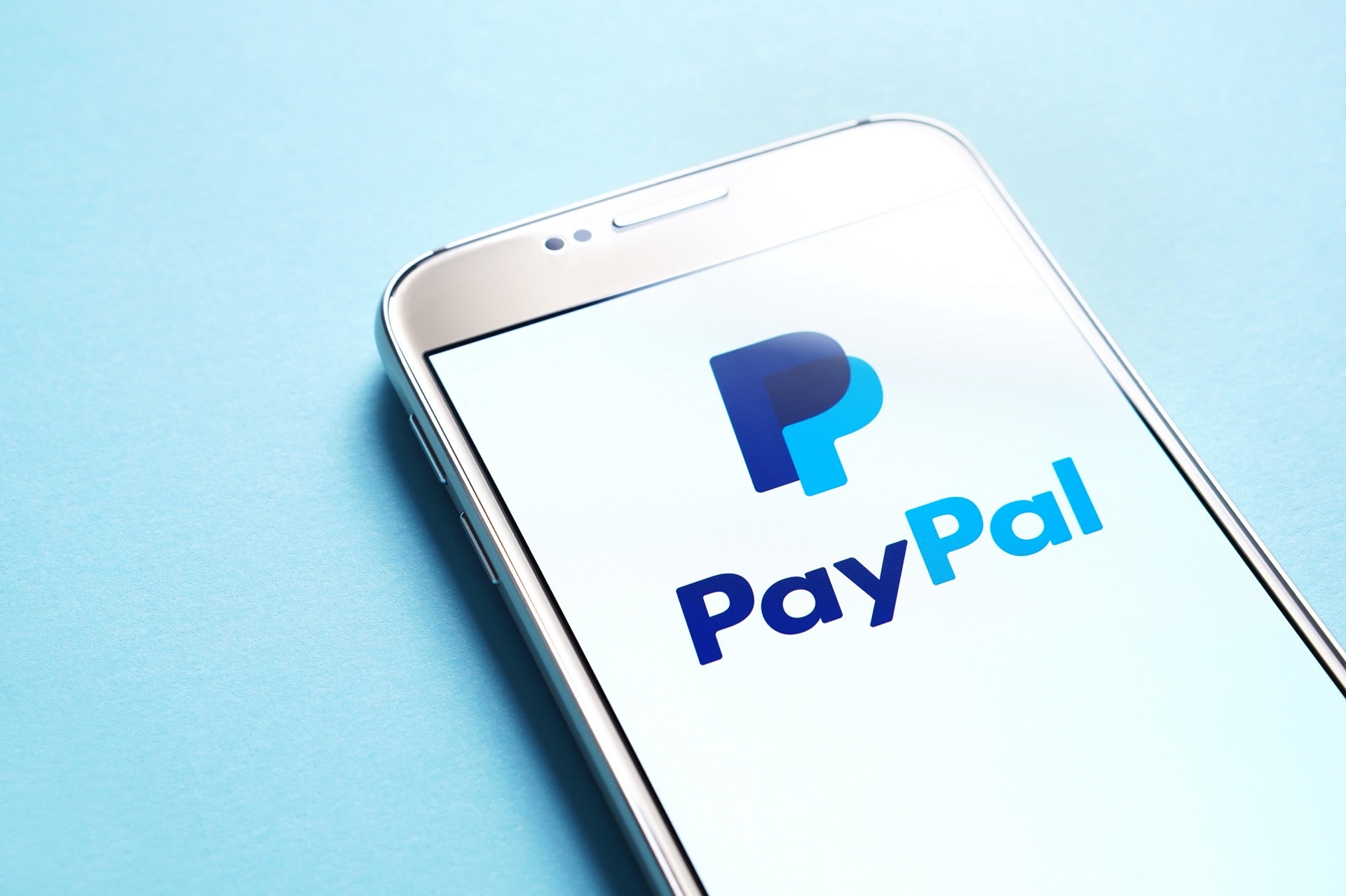
PayPal’s success is inviting regulators to launch more antitrust probes into payment processing giants to give fintech startups a fighting chance, according to market stakeholders and analysts.
The fintech behemoth, founded by the fabled so-called “PayPal Mafia” that included the tech tycoon Elon Musk and investor Peter Thiel in 1999, is riding high on a mounting wave of digital payments after Covid-19 caused online shopping and contactless payments to surge. The company has just had its best first quarter ever, with its revenue jumping by 31% to $6.03bn on the back of processing $285bn in transactions over the period, up 50% from 2020.
While PayPal and other payment processing companies like Visa, Mastercard, Square and Stripe have come out as some of the big winners from the pandemic, the question is what their growth will mean for the fintech sector at large. Will there be a space for smaller startups as the payment goliaths carve out bigger market shares for themselves? And what will competition regulators do if they are unsatisfied with the answer?
“Over the years PayPal have created an unfair advantage in the entire fintech and banking industry due to their global presence and their ability to generate a very profitable business that generates a lot of cash that was reinvested in order to grow,” Oded Zehavi, co-founder and CEO of Mesh Payments tells Verdict.
Danyaal Rashid, associate analyst at GlobalData’s thematic research team, is confident that the market will continue to consolidate. The main reason for this is because merchants want to make it easy for customers to part with their money in stores.
An efficient way to do that is to tap into services that have as wide a reach as possible, with the most users utilising their services. In other words, merchants are very likely to pick big players’ services over smaller ones. “Ultimately, the fewer players there are, the easier it is to integrate all those players onto payment platforms,” Rashid tells Verdict.
How well do you really know your competitors?
Access the most comprehensive Company Profiles on the market, powered by GlobalData. Save hours of research. Gain competitive edge.

Thank you!
Your download email will arrive shortly
Not ready to buy yet? Download a free sample
We are confident about the unique quality of our Company Profiles. However, we want you to make the most beneficial decision for your business, so we offer a free sample that you can download by submitting the below form
By GlobalDataTheir growth also comes with other advantages. “The interesting thing about payments is that it’s a scale game,” Nicholas Sando, investment manager at Octopus Ventures, tells Verdict. “The more payments you take, the cheaper payments you can offer to your end customers.” The same is true for keeping compliance costs down and scaling their technology stack. In short, the more PayPal, Stripe, Mastercard and Visa grow, the more they’ll dominate the market.
And that’s why regulators and lawmakers may start to take issue. After all, they already have Google, Facebook, Amazon and Apple – all of which provide fintech services – in their crosshairs when it comes to choking competition in other areas. Over the past few years, market watchdogs have seemingly ramped up their efforts alongside a smattering of legal battles between big businesses and their smaller rivals, such as the ongoing legal disputes between Fortnite developer Epic, and Google and Apple.
“You’ll totally see regulators coming in and basically trying to deal with that, just like they will now with Facebook, Google or any other business that sort of tends towards a monopoly,” Yusuf Özdalga, partner and head of the UK at QED Investors, tells Verdict.
In fact, they’ve already started to some extent. Earlier this year, the US Department of Justice put an end to Visa’s $5.3bn acquisition of Plaid, citing antitrust concerns that Visa would use its dominance to “eliminate a nascent competitive threat” to its own business.
Governments are also pushing back in other ways. In 2020, the European Central Bank and some 30 banks launched the European Payments Initiative, which aims to create a pan-European payment system and interbank network to rival that of PayPal, Mastercard and Visa. “There’ll be some sovereign regulatory push and political push in that direction,” Özdalga argues.
Regulation has already worked as a roadblock of sorts for fintech companies. While tech-heavy firms like Google and Apple have scaled easily by simply opening up their services and releasing their products across the globe, fintech firms are forced to navigate the complexities of financial laws. These legislations cover everything from ensuring businesses do everything in their power to prevent money laundering and terrorism financing, to safely and accurately onboard customers, ensure cybersecurity and data privacy, and a host of other matters.
To make the situation even more intricate, these laws differ depending on the region and the country. For instance, challenger banks can more easily get a banking licence in Europe than in the US, where the process could take many years. This situation is also one of the reasons why Chime, which doesn’t have a licence, agreed to stop using words like “bank” and “banking” in its marketing material in order to appease Californian regulators.
The complex legalities of running a financial services firm, tech focused or not, is also the reason why the past decade has seen the rise of regulation technology or “regtech” firms.
It is also the reason why the threat of big firms dominating the fintech space may still be on the horizon and explain why lawmakers and regulators have so far not put pedal to metal to the same extent in this sector as they’ve done against the Silicon Valley mammoths.
“If you look at how Visa and MasterCard scaled over the last 30, 40 years, they did not scale as fast as Google scaled because as they went into each country, they still dealt with regulation,” Özdalga argues. “So even in more scalable fintech businesses, you’ll see that country-by-country regulations are pretty restrictive, and you got to deal with that. And Facebook or Google did not have to deal with that to the same extent. In fintech, for that reason, natural monopolies will be a bit harder to emerge.”
And even if regulators did launch more probes into the dominance of some firms, far from everyone is convinced that it will make much of a difference.
“I’ve got very little faith, generally, in regulators’ ability to deal with Big Tech at all,” says Rashid. “I don’t think they have the understanding of the facilities or capabilities to actually deal with it – they don’t have the tools. So in terms of regulators pushing back, I don’t see that happening in the short term, but maybe in the long term.”
When and how there’ll be any launches of competition challenges against giant payment processing companies or whether they’ll even happen, the truth of the matter is that they do have a significant market share. Where does that leave fintech startups? “It is frankly really hard for new payment businesses to start if you are trying to challenge a PayPal at what they do best,” says Sando.
Nevertheless, the insiders Verdict has spoken with are bullish about smaller startups’ capabilities to carve out niches for themselves. “What we’re seeing is really interesting payments businesses which are hyper focused on specific verticals,” Sando says. “It’s almost like an unbundling.” In other words, while PayPal and its biggest rivals try to put all sectors under the same umbrella, nimbler new ventures could arguably cover more specialised payment sectors, whether that be restaurants, insurance or transport companies. Given each sector comes attached with its own web of complexities, there are potentially opportunities aplenty in this space.
Indeed, investment into fintechs has continued to surge year on year over the past decade. In 2020, $30.7bn in venture capital was injected into the sector, up from $16.8bn in 2016, according to GlobalData’s Technology Deals Database.





